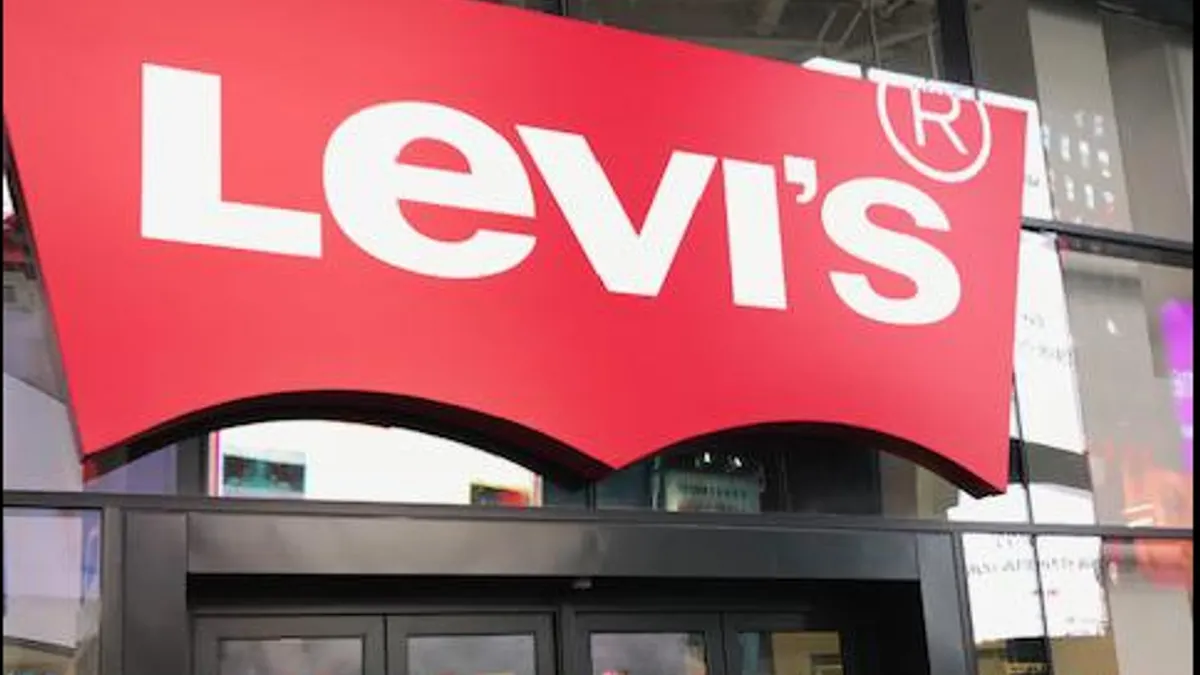Dive Brief:
- U.S. corporate and benefits-eligible retail employees at Levi Strauss & Co. will receive up to eight weeks of paid time off each year to care for an immediate family member who has a serious health condition, the company announced Feb. 27.
- The benefit "extends the company's commitment to building a best-in-class workplace," Levi Strauss & Co. said in a news release. Specifically, the benefit allows workers to take time off to care for an ill spouse, domestic partner, parent or step parent, child or stepchild who is up to 18 years old. The company introduced a paid parental leave program in 2016, providing eight weeks of paid leave to qualifying employees.
- "Access to paid family leave addresses the needs of the modern workforce and can help boost employee retention and loyalty," Levi Strauss & Co. President and CEO Chip Bergh said. "It's not only the right thing to do for employees, it's the smart thing to do for business."
Dive Insight:
Levi's joins a lineup of employers — both within and without the retail industry — adopting paid family leave policies. In mid-2019, Target extended its paid family leave and backup care benefits to its part-time and hourly employees. Tennessee granted its state workers 12 weeks' paid family leave in January just after President Donald Trump authorized 12 weeks of paid leave for federal workers following the birth or placement of a child in December.
Discussion of a national paid leave policy is up amid the benefit's installment by individual employers and state and local governments. A group of CEOs urged the president and lawmakers in December to pass federal laws that would make paid family leave available to most American workers. Such legislation would also help businesses "challenged by the growing patchwork of competing and inconsistent state plans" and benefit employees, the group said.
Presidential candidates are talking about paid leave, too. Some support the FAMILY Act, which candidate Elizabeth Warren co-sponsors. The Act would provide up to 12 weeks of paid leave at 66% pay for pregnancy, the birth or adoption of a child, recovery from a serious illness or to care for a seriously ill family member.
Such measures, whether mandated by the government or instituted by businesses, may make various positive work-related changes. Twenty percent fewer women leave their jobs within the first year of having a baby within states that have paid parental leave policies, one recent report found. And, as Levi's pointed out in its news release, the benefit can cut attrition, boost engagement and bolster workplace culture.















